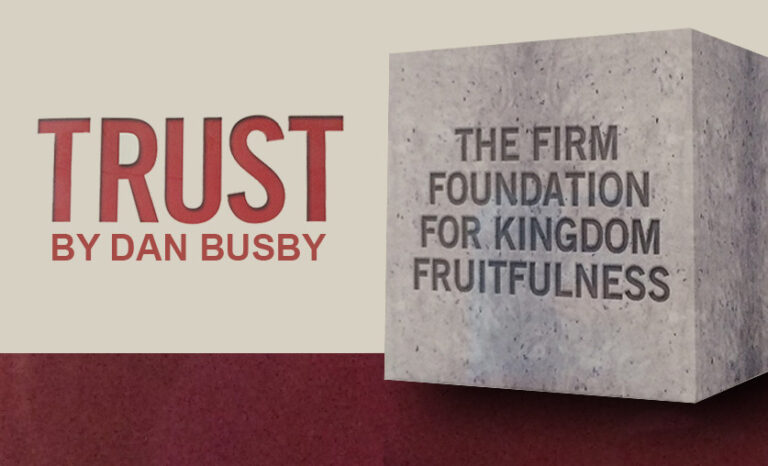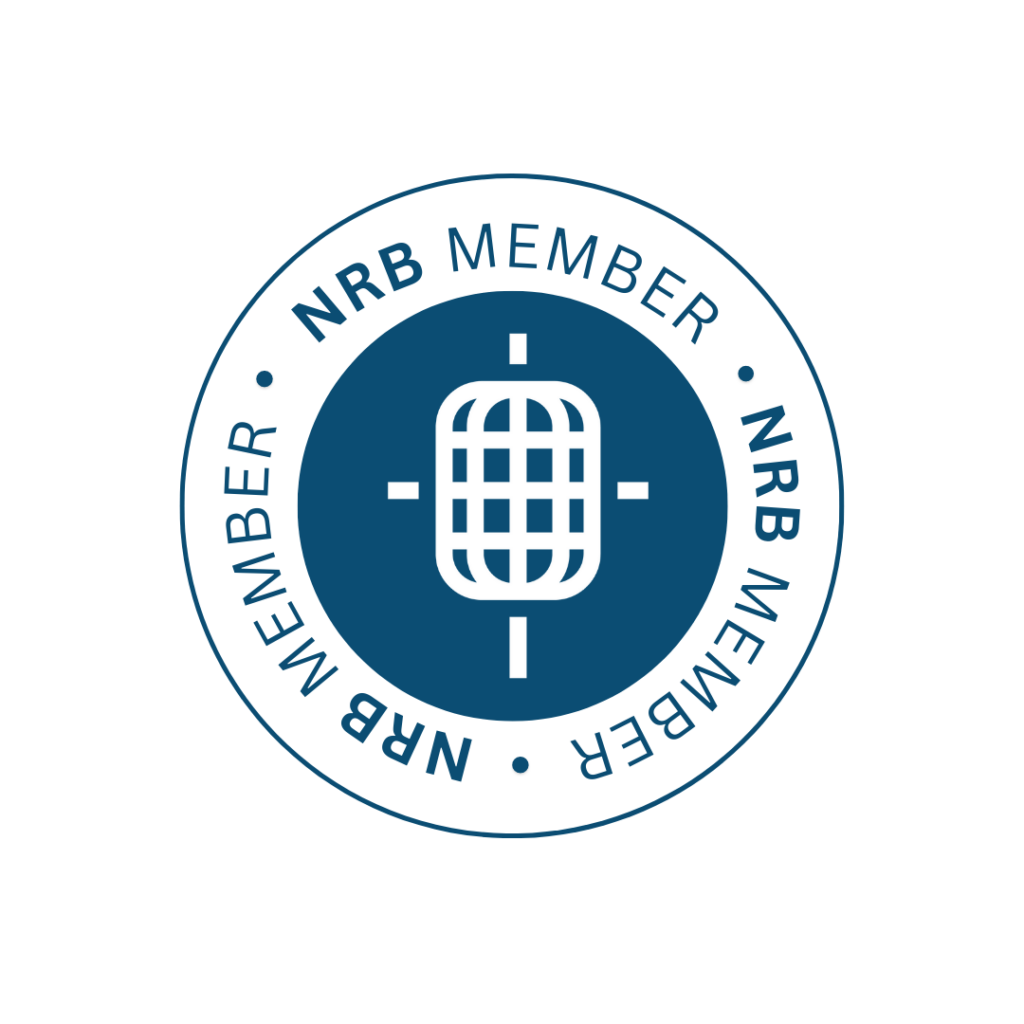A Word of Encouragement to the Development Committee of Your Board
If you find yourself on the Development Committee of your Board of Trustees, you are in a very powerful position. Next to the Finance Committee, you are on one of the most influential committees of the nonprofit you serve. Your influence derives its power from the decisions you make, approve, or veto when it comes to the funding of the cause you love so dearly.
Let me thank you for serving in this critical position. It’s not easy sitting in meetings, listening to ideas about fundraising, especially if you are not familiar with the concepts and terms of development. You probably know the language of business, that’s likely why you were asked to serve on this committee in the first place. But, as I’m fairly certain you now know, the languages of business and fundraising are unique to each discipline. For example, revenue in a business is derived from sales of products or services to customers, whereas revenue in a nonprofit comes from the donations of people who believe in the mission of the organization you serve.
Yes, there are certainly similarities in terms and concepts that can be of service in your decision-making, but there are nuances to development that may require a shift in your thinking. Fundraising is basically motivating a donor or potential donor to give from their discretionary income because they believe your organization is best suited to fulfill your mission, as opposed to another cause that may be similar in scope or perhaps even more popular.
Because you are a trustee and not a member of the development staff, you are less likely to be as familiar with who your donors are and what’s required to generate response to appeals for funding. A staff member is more likely to be familiar with the process of communication, in both method and message, than you are. Since they work with donors and donor communication on a daily basis, your staff is more aware of what donors need and want in order to take the action of writing a check or clicking the Donate Now buttons on your website. They know the most effective ways to involve donors in the life of your organization through special events and campaigns. But you are very much needed and there are some very important things your staff need from you, like:
- Willingness to listen before making decisions
- Asking clarifying questions
- An attitude of trust toward staff experience, relying on their expertise
- Vulnerability when it comes to the process of fundraising
- Consistency in attending committee meetings
- Proactive participation, especially when significant dollars are at stake
- Encouragement to pursue strategies that have proven effectiveness
- Readiness to ask for more information when it’s needed
- Enthusiastic proactivity when you are asked for your involvement
- Sensitivity and graciousness when a veto is required
- An appreciation for their commitment to your cause
As a member of the Development Committee you are, in essence, the clearing house for what is recommended or presented to the entire board of trustees. Your role is critical to the health and vitality of your nonprofit. Without excellent fundraising your mission will stagnate or flounder–with your wise counsel and gentle guidance it will flourish and lives will be saved and changed.
Thank you for being such an integral part of the philanthropic process of the great cause you serve!
Related articles
-

CEO Expectations of a Director of Development
Did you know the national average for a director of development’s tenure with a nonprofit is only 18 months? Why…
-

The Value of “Trust”
In any fundraising effort, the crux of every invitation to donate is based on trust. Trust that the organization’s leadership…
-

Slowing the Revolving Door in the Development Office
“The person I just met with was asking for funds for a ministry that he said is the most important…






